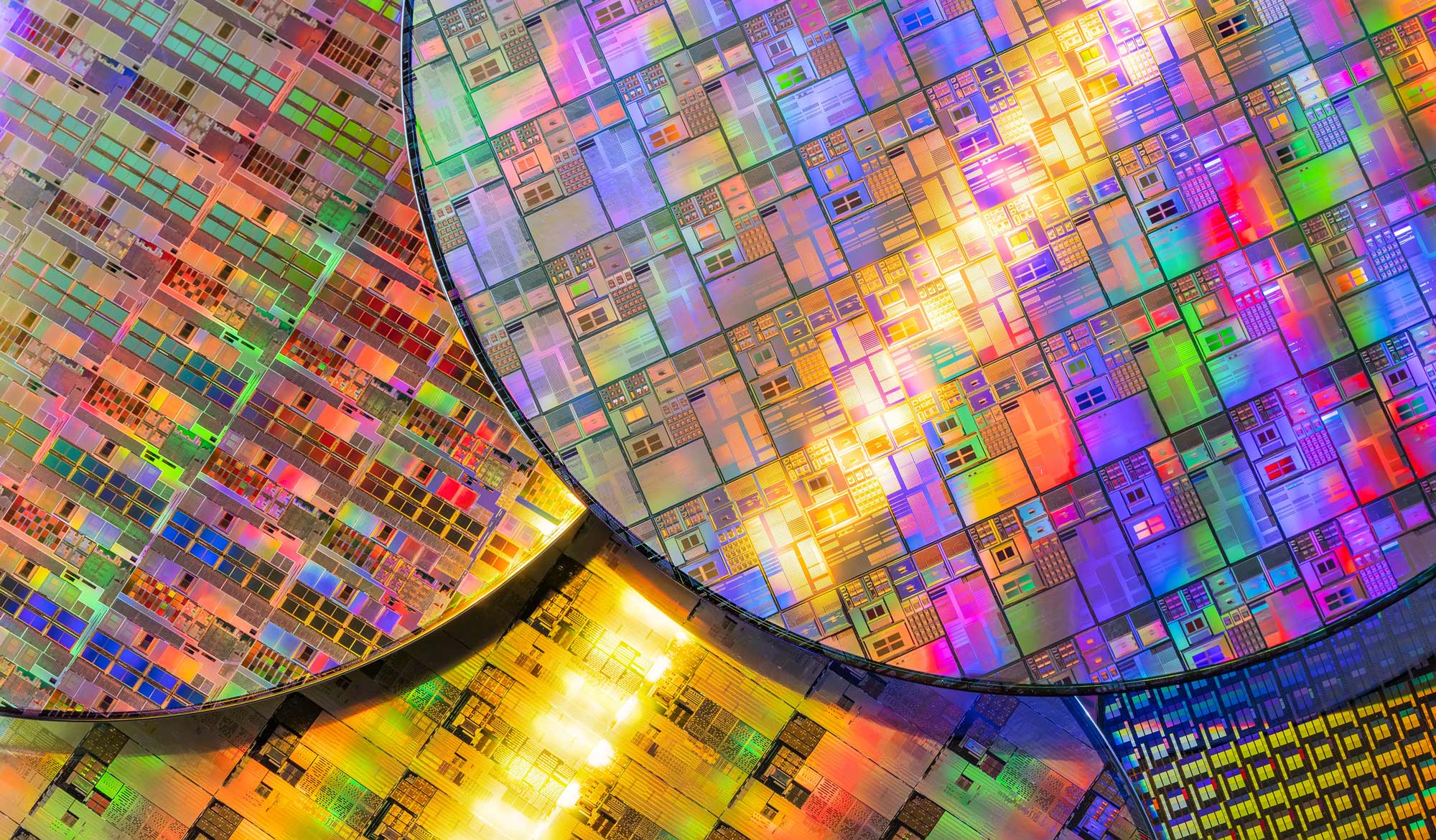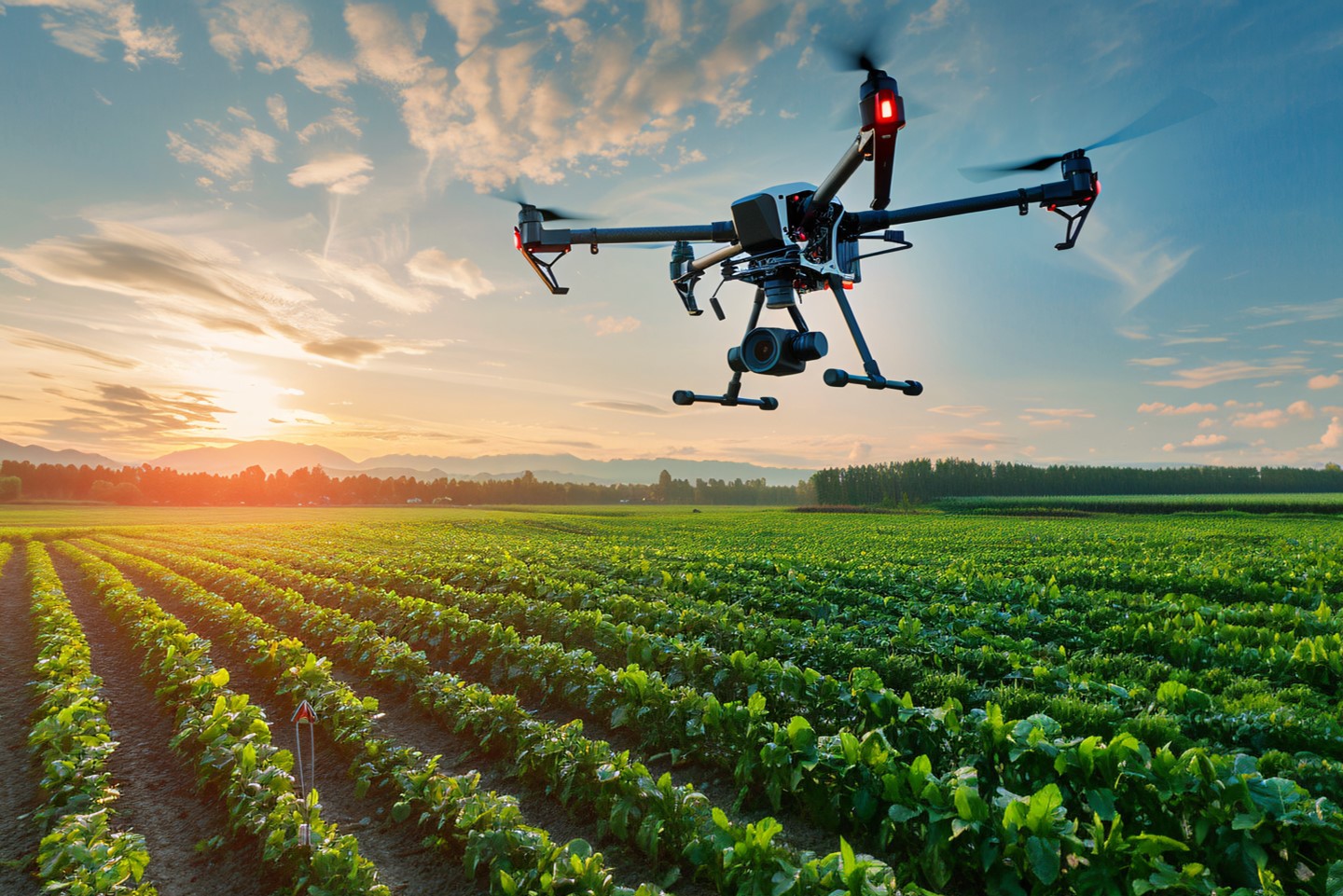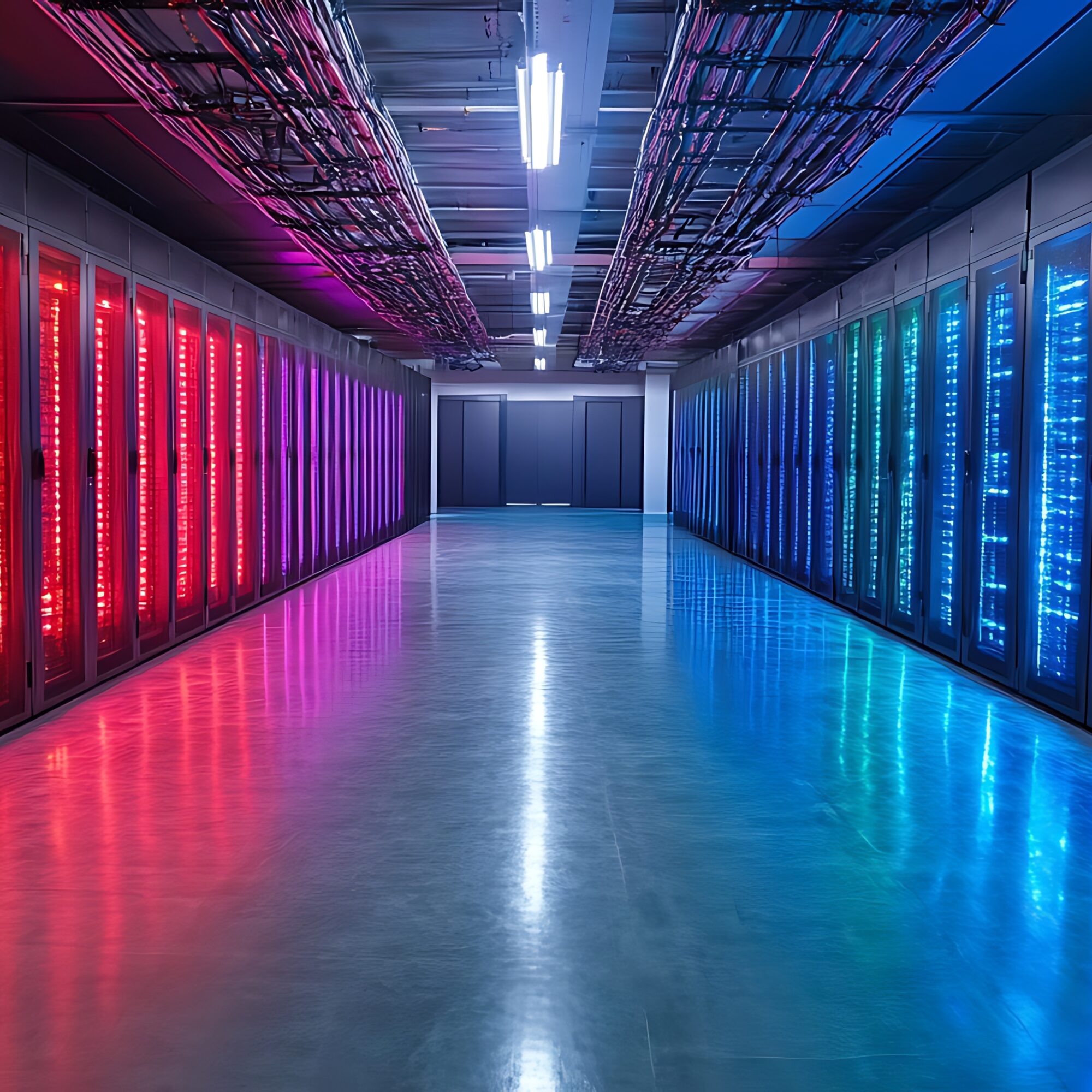Tech & data

We support our clients in their projects aiming to make tech and data innovative levers for the benefit of humanity and the planet.
To go further
Founded in 1993, Alcimed is an innovation and new business consulting firm, specializing in innovation driven sectors: life sciences (healthcare, biotech, agrifood), energy, environment, mobility, chemicals, materials, cosmetics, aeronautics, space and defence.
Our purpose? Helping both private and public decision-makers explore and develop their uncharted territories: new technologies, new offers, new geographies, possible futures, and new ways to innovate.
Located across eight offices around the world (France, Europe, Singapore and the United States), our team is made up of 220 highly-qualified, multicultural and passionate explorers, with a blended science/technology and business culture.
Our dream? To build a team of 1,000 explorers, to design tomorrow’s world hand in hand with our clients.
Digital transformation is an expression that has been found in all companies and industries, especially in Industry 4.0 for more than 10 years. While as consumers, digital takes center stage in our daily lives, businesses and industries must adapt. Some sectors (retail, finance, media, etc.) are ahead of the game, while other sectors (healthcare, construction, agriculture, automotive, chemicals, etc.) are lagging behind. For these sectors in particular, a rapid transition to digitalization is a prerequisite to remain competitive in an ultra-connected world.
In simple terms, artificial intelligence is referring to the development of software that can perform tasks that typically require human intelligence. Such tasks could be solving complex problems, making decisions, or detecting objects.
Data science is a fairly broad field that aims to give meaning to raw data.
To create this meaning, Data science covers several disciplines with the objective of bringing out from this data, trends, patterns, connections and correlations, predictions, etc. To do this, Data science uses a wide variety of tools and techniques such as the development of algorithms, applied mathematics and advanced statistics, to artificial intelligence, to produce different types of models. The latter can be determined or learners, thanks to machine learning which allows in a supervised or unsupervised way to analyze and predict data.
Data science is a specific field in the world of data and the Data Scientist is different from the profiles of Data Analyst, Data Engineer, etc. Indeed, Data science process and services require having accessible data, which can be implemented in large organizations by Data Architects or Data Engineers who will structure systems and databases. Making this data accessible is often the essential first step in a Data science consulting project.
Robotics is the field of application of robots. But when can an automaton really be considered a robot? The answer is not so clear; there are almost as many definitions as there are robots! However, it is commonly believed that a robot is a system that must be able to interact with the physical world via sensors and actuators. It must also be powered by an energy source and above all, it must be programmable, i.e. able to follow instructions given by its user. Finally, unlike a simple automaton, an intelligent robot is able to analyze its environment and react accordingly.
The term collaborative robots is specifically used when humans and robots work in the same place and at the same time.
Robotic machines are increasingly used in industrial processes to reduce the workload of the human operator while improving the productivity and the quality of the work performed. This is referred to as production automation and industrial robotics.
A digital twin is a real-time digital replica of a physical object or process that incorporates all accessible data and updates as new data becomes available. Researchers use digital twins to safely and economically test scenarios before trying them in real-life situations or environments.
Nowadays, the use of digital twins is already commonplace in engineering and manufacturing, but scientists are now looking to apply the same principles to the healthcare field. The digital twin technology has multiple applications in health care, including:
- Diagnosis and treatment decision support
- Patient monitoring (wearables)
- Surgery virtual simulation and risk assessment
- Medical device design and optimization
- Drug development and dosage optimization (in silico clinical trials)
- Regulatory decision-making


